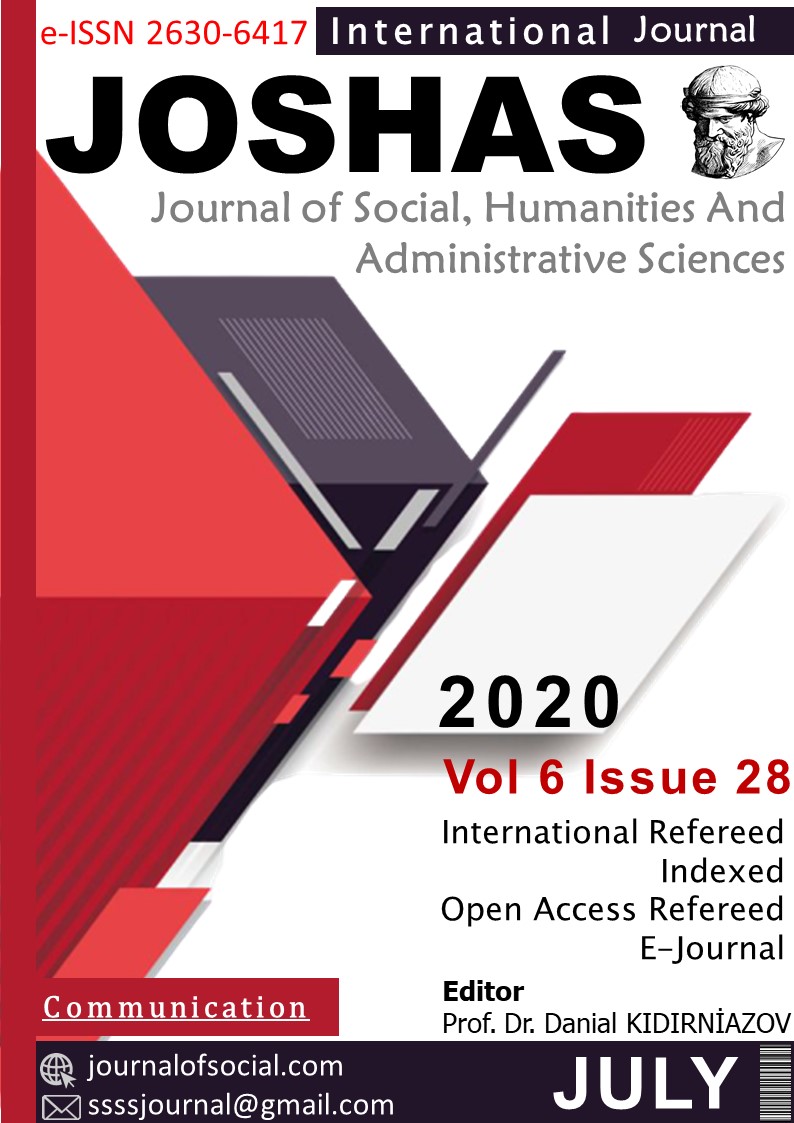Author :
Abstract
Sovyet bloğunun Soğuk Savaş şartlarına daha fazla dayanamayarak çözülmesi birçok devlete yeni fırsatlar sunmuştur. Eski Sovyet bloğu ülkelerinden bazıları Rusya Federasyonu ile eşitlik temelinde ilişkisini devam ettirmişken, bazıları da Batı merkezli bir dış politika izlemek istemişlerdir. Bu durum Rus toplumu için de geçerli olmuştur. Rus yöneticiler bir yandan eski Sovyet bloğu ülkeleri üzerindeki etkisini kaybetmek istemezken, aynı zamanda kendisi de Batıyla ilişkisini müspet yönde geliştirmek istemiştir. Bu amaçla AB ve NATO gibi aktörlerle ilişkide belirli mesafe katedilmiştir. XXI. yüzyılın başında ise çıkarlar yeniden ön planda tutulmuş ve Soğuk Savaş dönemini andıran söylem ve eylemler gündeme gelmiştir. Söz konusu çalışma ile Rusya Federasyonu’nun kuruluşundan itibaren Batının başat askeri gücü olan NATO ile ilişkisi tetkik edilmiştir. Yine Rusya Federasyonu’nun 2008 Gürcistan ve 2014 Ukrayna müdahaleleri ele alınmıştır. Bu veriler ışığında gelişmelerin Baltık coğrafyasına yansıması ve Rusya Federasyonu-NATO mücadelesinde bu coğrafyanın yeni bir rekabet sahası olabilmesi yönündeki gelişmeler değerlendirilmiştir.
Keywords
Abstract
The dissolution of the Soviet bloc without being able to withstand the Cold War conditions offered new opportunities to many states. Some of the former Soviet bloc countries wanted to manitain their equality relations with the Russian Federation, while others wanted to pursue a Western-based foreign policy. This situation was also valid for the Russian society. While the Russian rulers did not want to löse their influence on the countries of the former Soviet bloc, they also wanted to develop their relationship with the West in a positive way. For this purpose, certain distance has been covered in relations with actors such as the EU and NATO. In the beginning of XXI. century, interests were prioritized and discourses and actions resembled the Cold War era were brought to the agenda. With the said study, the relationship of the Russian Federation with NATO, the chief military power of the West, has been investigated since its establishment. 2008 Georgia and 2014 Ukraine interventions of the Russian Federation were also discussed. In the light of these data, the reflection of developments on the Baltic geography and the fact that this geography may be e new competition area in the Russian Federation-NATO struggle were evaluated.





